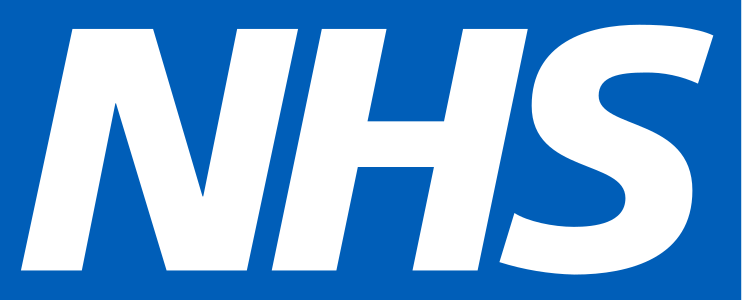
Your medical record is a history of your healthcare. Typically this includes treatments, medication, allergies, hereditary medical conditions, X-rays, scans and test results.
Whenever you visit an NHS service in England a medical record is created and can be seen in various places for example hospitals, your GP surgery, dental practice etc.
You have a legal right to apply for access to your medical records and furthermore, you do not need to give a reason.
A request for your medical records should be made directly with the healthcare provider that provided the treatment.
Otherwise known as a Subject Access Request (SAR), as set out by the Data Protection Act of 1998.
Simply request a form, complete it and return it to the medical provider.
It is possible you will have to pay a fee to access your medical records.
You may not need a SAR. Many GP surgeries offer their patients online access to their medical records.
There is also the option to simply approach your healthcare provider and ask to see your medical records. Many are happy to accommodate such requests.
A third party can access your health records but they must have your permission.
Deceased or patients that are not registered
Primary Care Support England (PCSE) stores medical records of patients who are not currently registered with a GP practice or deceased.
To request access to your own health records or those of a deceased person, you will need to complete an application form from the PCSE website.
These are GP medical records only.
PCSE does not keep X-rays, hospital records or records relating to private treatment.
For access to any other types of records, you should contact the doctor, clinic or hospital that created them.
Summary care record (SCR)
If you are registered with a GP practice in England your SCR is created automatically, unless you opted out.
Your SCR contains the following information:
- current medication
- allergies and details of any previous bad reactions to medicines
- name, address, date of birth and NHS number
You can also choose to include additional information in the SCR, such as details of long-term conditions and significant medical history.
Your SCR can be accessed by other healthcare providers to speed up your care and make sure you are given the right medicines and treatment.
GP practices are required to provide their patients online access to their SCR.
Source: https://www.nhs.uk/chq/pages/1309.aspx?categoryid=68#
Every effort has been made to ensure this article’s accuracy, please be aware no articles on the Life in Cache website constitute legal advice tailored to your individual circumstances. If you are in doubt or you act on the content within any of our articles you acknowledge you do so at your own risk. We can not be held responsible and do not accept liability for any damage or loss which may arise as a result of you relying on the information contained within.
For further information please refer to our Terms of Service
